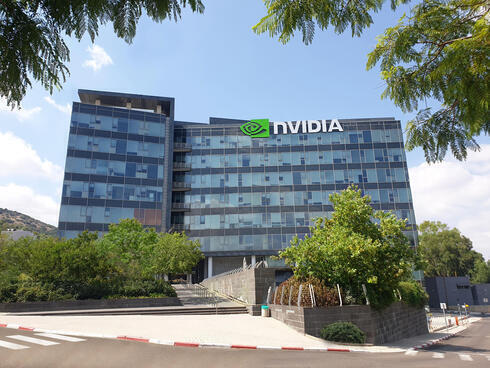Nvidia announced Tuesday the launch of its Israel-1 AI supercomputer whose first phase of construction was completed in approximately 20 weeks, two months ahead of schedule. The company highlights the exceptional speed of this development compared to industry standards.
Read more:
Once completed, Israel-1 is poised to be among the world's fastest supercomputers and Israel's most powerful system, boasting eight exaFLOPS (equating to one quintillion calculations per second) of peak AI performance, and 130 petaFLOPS (equal to one quadrillion calculations per second) of scientific computing.
“Israel is home to world-leading AI researchers and developers creating applications for the next wave of AI”, said Jensen Huang, founder and CEO of Nvidia. “With NVIDIA’s Israel-1 AI supercomputer, a broad range of innovative companies in Israel will create AI that can transform the productivity and business models of enterprises around the world.”
The supercomputer will initially be available for use by the company’s research and development teams, as well as select partners. Additionally, Israel-1 will serve as a basis for building supercomputers using the Israeli-developed accelerated networking platform NVIDIA Spectrum-X.
The computer is designed primarily for artificial intelligence computations, but its capabilities extend beyond that. It can be used for simulations, such as in nuclear research, weather forecasting and as a development tool for complex systems like quantum computers.
Nvidia is currently engaged in intense competition with rival chip companies that are trying to undercut its dominance in the AI chip market. Intel, AMD, and other companies are constantly attempting to introduce competing chips, but so far, Nvidia has managed to maintain its market advantage. The company recently launched its next-gen H200 processors, offering enhanced performance.
However, some view Nvidia's market dominance as potentially impeding industry innovation and chip efficiency. Notably, tech giants such as Microsoft and Google have begun developing their own AI chips for internal use, suggesting potential shifts in the market landscape.



